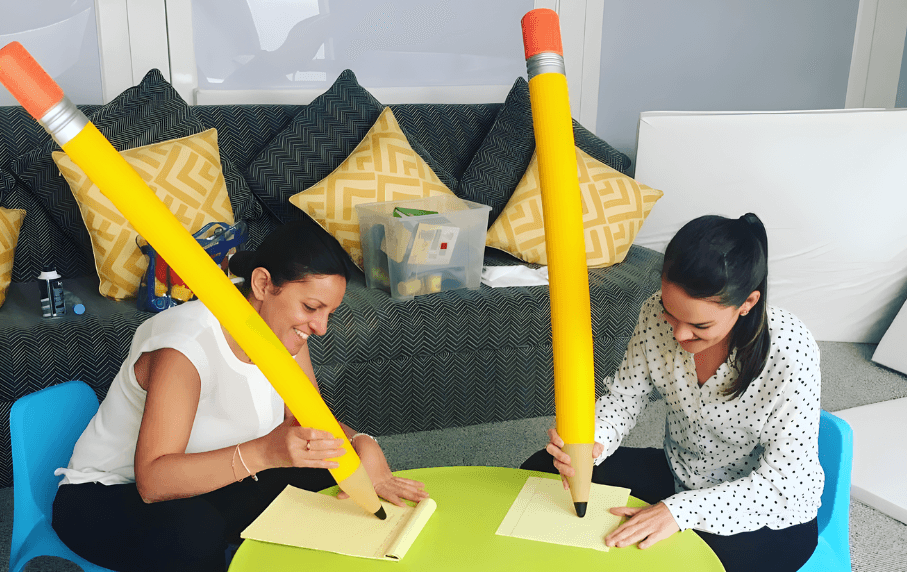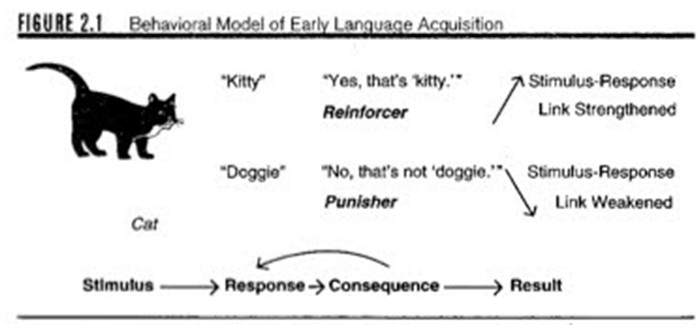
In today’s post, we begin a series of tips for special educators, designed to help them grow their skills and tools for teaching children with special needs.
Verbal Behavior (VB), is a method of teaching language that focuses on the idea that a meaning of a word is found in its function. In essence, to teach a child with language delays what a word means, you must first teach how the word is used.
This theory of teaching language (originally developed by renowned psychologist B.F. Skinner), has been reinforced by recent research into the use of models of language forms provided by adults, and the learning opportunities presented for children to use the models in their own speech.

This is especially true of young children whose language delays are not specifically associated with ASD for whom, as the research suggests, will usually learn more effectively from interventions embedded in play and natural interactions.
Stated simply, instead of just teaching your students a word, you must teach them how to functionally apply the word. For example, a child with autism might say the word “toilet” when they see one but may not be able to say “toilet” when they need to use the bathroom or answer correctly when asked what a toilet is used for.
As developed by Skinner,
“The Verbal Behavior intervention works on developing communication skills, including receptive and expressive language across the verbal operants of mand (requesting), tact (labeling), echoics (vocal imitation) and intraverbal (conversational skills). Learning across the operants also includes working on gross and fine motor imitation, textual (writing) and listening (following instructions) skills.” (Special-Learning.com)
In other words, by modeling and reinforcing the appropriate use of a word, teaching language to special children will be far more effective. Further, asking the parents of your students to do the same at home will have wonderful long-term results for their child.
In contemporary speech and language therapy and training, the addition of Applied Behavior Analysis (ABA), with an emphasis on Verbal Behavior (ABA/VB), has become an effective methodology that has been used to address functional skills, such as:
Stay tuned to this blog for more on the use of ABA/VB in future tips for special educators.
You may also find the answers you’re looking for about teaching language to special children in Chapter 7 of my book, Let’s Talk, available on Amazon.